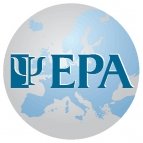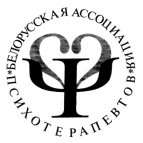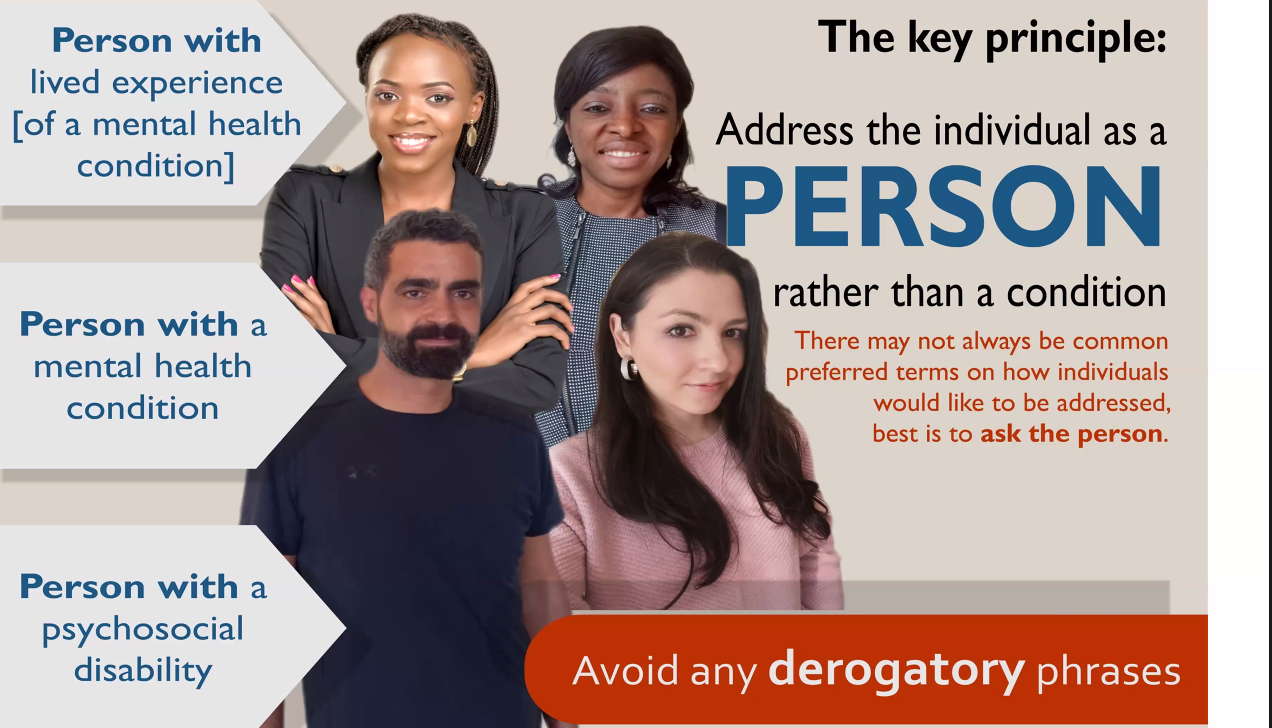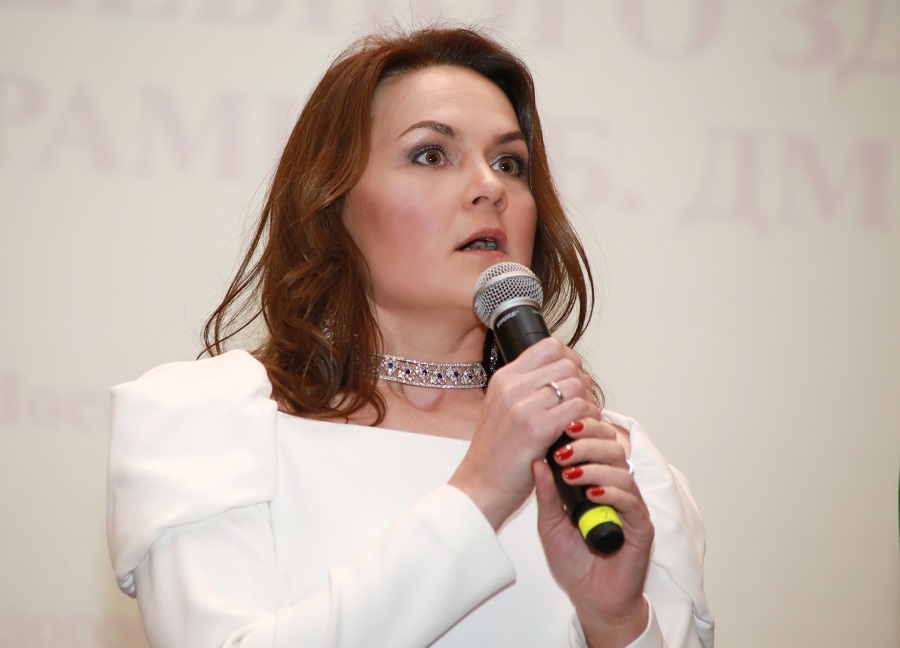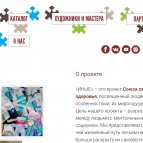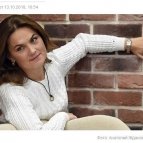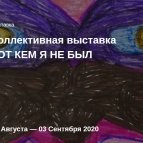International Children’s Day
According to UNICEF, there are more than 2.2 billion (two and two tenths billion) children and adolescents in the world, which make up approximately 28% (percentage) of the world’s population. People aged 10 to 19 make up about 16% (percentage). This vast part of the world population was affected by COVID-19 pandemic and the following on lockdown that impacted their emotional state and behavior according to some countries’ reports.
In almost all countries, lockdown and social distancing strategies have been employed as an important tool for preventing infection. Similar steps have been taken in Russia. One of the main preventive measures was home-schooling. Evidence shows that, new realities of home-schooling, including the lack of physical contact with peers, lead to stress and anxiety. Acute stress and anxiety, in their turn, can impair the cognitive development and trigger longer-term mental health challenges including post-traumatic stress disorder, depressive and anxiety disorders, as well as the onset of psychological symptoms associated with manifestations of grief, and domestic violence.
In 2020 the Union for Mental Health held the online survey of students in grades 8-10 in cooperation with the Ministry of Education of the Russian Federation. The All-Russian online survey was aimed at analyzing the mental conditions and psychological well-being of adolescents after a period of lockdown for preparing recommendations to ensure conditions conducive to overcoming negative mental and psychological consequences of the COVID-19 pandemic.
Within the survey it was planned to assess:
– the adolescent self-assessment of the sphere of communication; and
– the level of anxiety in adolescents.
The self-administered on-line questionnaire for adolescents allocated on the online platform – Google Forms was used to collect data. Type of study used was the quantitative research. Adolescents answered questions anonymously on the Internet from November 16, 2020 to 04 December 2020.
To reach large numbers of adolescents the Ministry of Education of the Russian Federation has authorized the leadership of the schools to inform their students on a possibility to become participants of the All-Russian survey.
The study was carried out in accordance with the Declaration of Helsinki. The legal representative of the adolescent could get acquainted with the informed consent before passing the survey. Consent was required for the adolescent to be interviewed. The adolescent could complete the survey at any time without giving a reason.
The questionnaire included three thematic components:
The adolescent social and demographic status (locality, gender, age, type of family by composition);
The adolescent self-assessment of the sphere of communication during the lockdown and after it; and
The adolescent self-assessment of the emotional well-being.
The study involved 542 171 (five hundred and forty-two thousand one hundred and seventy-one) adolescents. 5936 legal representatives did not consent to the participation. These results were excluded from further analysis. The data of 536 235 respondents was analyzed. The average age of the respondents was 14 -15 years old. About 57% of them were girls (307579 people) and about 43% were boys (228656 people).
The survey found that over 14% of adolescents experienced an average or high level of anxiety; over 15% of adolescents reported a negative impact on their health; and over 40% of adolescents negatively assessed distance learning, and 56% of them reported that they did not master the material well in the distance form. For adolescents 15 years and older, the level of anxiety is higher in those whose relatives or close people have suffered from COVID-19. Over 40% of adolescents reported difficulties in communicating with their classmates / friends / acquaintances during the second wave of coronavirus infection compared to the same time last year.
What Have We Learnt from This Research?
The survey showed the crucial importance of developing measures to prevent serious long-term adverse effects on adolescent mental health and well-being associated with the COVID-19 pandemic.
The programs on prevention of mental disorders and promotion of mental health values in adolescents should address the interdisciplinary and intersectoral approaches which build bridges among health care specialists, educators, specialists in the fields of sports, culture & art, family members including biological parents, adoptive and foster parents, social welfare specialists, media, NGOs, and volunteers – peers and are supported by the social policy agencies of the Government of the Russian Federation.
Schools have the great potential to impact on adolescent mental health and wellbeing through equipping students and teachers with knowledge and skills associated with creating favorable school social and emotional environments.
Additional research is needed to investigate the impact of distance learning on adolescent mental health and well-being.
Special training on adolescent mental health is required for families and caregivers.
Fortunately, there are many things that can be done to improve the adolescent mental health and well-being and to assist those who may need additional support and care. In this regard, the Union for Mental Health has developed programs addressing the adolescent needs.
This includes the National Mental Health Awareness Programs that is recommended for use in the educational settings in Russia. The Program is aimed at life skills training of volunteers among students aged from 12 to 16. The volunteers act as coaches in peer groups at schools. The practical guides are developed for school educators and students accordingly.
The Program “vMeste” is aimed at preventing depression and suicidal behavior in adolescents (aged from 12 to 20). The “vMeste” is a media space where adolescents’ idols talk about problems and ways of solving them. The invited guests are people of culture, art, and sports; public and political leaders who share their experiences in overcoming difficult moments of growing up. The interviews are conducted by a psychologist with the use of problematic topics faced by every adolescent. The video interviews are broadcasted via YouTube, Instagram, and Vkontakte. The target audience amounts to more than 1.5 million adolescents.
The Russian-language self-help mobile applications designed to combat anxiety, panic attacks, and depression were developed by psychologists and psychiatrists of the Union for Mental Health Union and the Union of Effective Psychologists.
Today, on June 1, the International Children’s Day, we wish our children good health and draw the attention of adults to the factors that will contribute to this.
